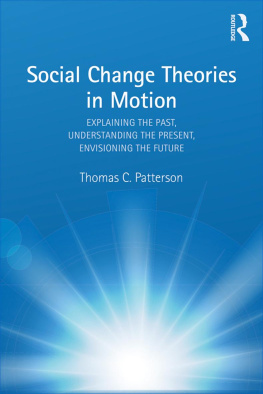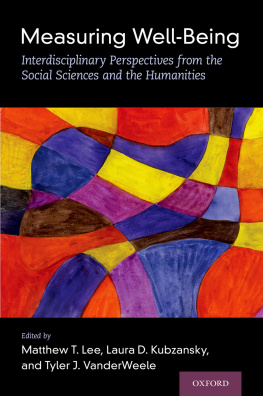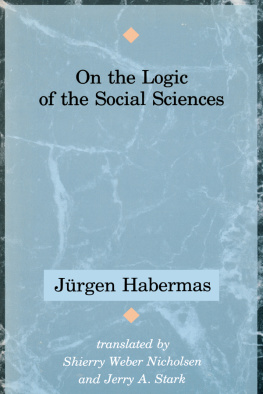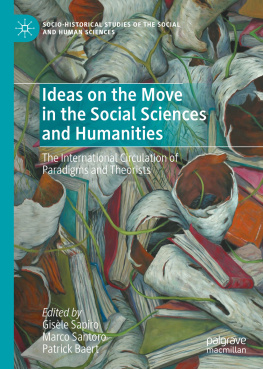Copyright 2014 by Princeton University Press
Published by Princeton University Press, 41 William Street, Princeton, New Jersey 08540
In the United Kingdom: Princeton University Press, 6 Oxford Street, Woodstock, Oxfordshire OX20 1TW
press.princeton.edu
Jacket Illustration: Female Muslim protesters hold a burning Danish flag during a demonstration in Lahore, Pakistan, February 24, 2006. Arif Ali/AFP/Getty Images.
All Rights Reserved
Library of Congress Cataloging-in-Publication Data
Sniderman, Paul M.
Paradoxes of liberal democracy : Islam, Western Europe, and the Danish cartoon crisis / Paul M. Sniderman, Michael Bang Petersen, Rune Slothuus, Rune Stubager.
pages cm
Includes bibliographical references and index.
ISBN 978-0-691-16110-5 (hardcover : alk. paper) 1. DemocracySocial aspectsDenmark. 2. Freedom of speechDenmark. 3. Muhammad, Prophet, 632Caricatures and cartoons. 4. Caricatures and cartoonsPolitical aspectsDenmark. 5. Morgenavisen jyllands-posten. 6. DenmarkEmigration and immigrationPolitical aspects. 7. DenmarkEmigration and immigrationReligious aspects. 8. Islam and stateDenmark. 9. Religious pluralismPolitical aspectsDenmark. I. Petersen, Michael Bang. II. Slothuus, Rune. III. Stubager, Rune. IV. Title.
JN7161.S65 2014
306.209489dc23 2013035897
British Library Cataloging-in-Publication Data is available
This book has been composed in Charis SIL
Printed on acid-free paper.
Printed in the United States of America
10 9 8 7 6 5 4 3 2 1
Preface
T his book is the result of a serendipitous collaboration, reports an unanticipated discovery, and closes withto put it at a minimuma not self-evidently obvious credible conclusion. Together, we will make our case for the unanticipated discovery and not self-evidentally obvious credible conclusion. But here we present an account of the first outcomethe serendipitous collaboration.
Michael, Rune, and Runetogether with their dissertation adviser, Professor Lise Togebyconceived of this project in June 2005, a little more than two months before the crisis over the place of Islam in Denmark erupted. The project was kick-started before receiving funding, and fall 2005 was spent on pilot testing questions and survey experiments. The gamble paid off. In December 2005, the Danish Social Science Research Council awarded us a grant. Thanks to months of self-funded preparation, the project got into the field in the first week of February 2006, just as the crisis was going into high gear.1
Paul joined the project in 2008, and this book is the product of face-to-face meetings between the four of us, each with a computer in front of him, throwing out ideas, developing measures, drawing out the implications of results, writing postmeeting memos, and then starting the process all over again.
The result has been an account of citizens capacity for democratic citizenship more optimistic than previous judgmentsbut not because we believe that previous research is wrong. On the contrary, at every point that comparison between our study and earlier ones is possible, our results are in line with earlier results. Why, then, the difference between our overall view and that of previous studies of political tolerance?
It is our claim that in long-established liberal democracies, to a degree that has not been recognized, judgments about core political rights are now anchored in consensual rules identifying which controversial groups should be categorized as dangerous or not, and which individuals should be entitled to the benefits of the welfare state or not. Just so far as these rules are consensually agreed on, they are, so to speak, part of the furniture of the political culture. No special acumen or psychological orientation is necessary to put them into effect. These rules, though not always followed with perfect uniformity, tend to be followed by the largest number of people. The outcome is that notwithstanding how most citizens feel about Muslim immigrants, decisive majorities of them support both their civil and social rights.
Ours is not a story of democratic triumphalism, however. Our results, matching those of previous studies, document deep pools of aversion to immigration. They also, again matching those of previous studies, document the strong association between right-wing social values and both aversion to immigration and restrictive immigrant policies. But our focusand this is the new part that we are proposingis that some of the values and habits of mind that underpin the unexpected strength of support for the civil and social rights of immigrants are double-edged ones. Paradoxically, they promote equal treatment for some Muslims even as they open the door to discrimination against others.
We have many to thank for this book. The Danish Social Science Research Council (grant number 2750500195) funded the data collection on which the book is based. At a time when randomized experiments were not part of the standard tool kit of Danish social scientists, the council took a chance and funded this project. The National Science Foundation provided supplemental funding (grant number 0842677 for our Liberal Democracy under Pressure project) to support our five-thousand-miles-apart collaboration.
Many colleagues have provided help and advice during the writing of the book, among them Lene Aare, Erik Albk, James Alt, Jrgen Goul Andersen, Claes de Vreese, Jamie Druckman, Jrgen Elklit, James Gibson, Christoffer Green-Pedersen, Kasper Mller Hansen, Cindy Kam, Hanspeter Kriesi, Lasse Lindekilde, Per Mouritsen, Asbjrn Sonne . Along the way, we received skillful research assistance from Merete Arentoft, Bjrn Bjorholm, Jon Hadsund, Morten Pettersson, and Mads Hovgaard Steffensen, and secretarial assistance from Anne-Grethe Gammelgaard, Anna Finderup, and Kate Thulin. Jackie Sargent and Eliana Vasquez should not be held responsible for what Paul has written, but they cannot escape accountability so easily. They should be held responsible for his having written it, since without their encouragement and aid, he would not have managed to do so.
Samuel Johnson memorably quipped, Depend upon it, sir, when a man knows he is about to be hanged in a fortnight, it concentrates his mind wonderfully. Having the opportunity to present ones results to colleagues in other departments, though admittedly less threatening, has the same beneficial consequences. For opportunities to concentrate our minds, we thank Nuffield College, the international Ethnicity, Immigration, and the French Educational System workshop jointly funded by Oxford University and the French National Center for Scientific Research, the comparative politics workshop in the Department of Politics at Princeton University, the Department of Political Science at the University of Massachusetts at Amherst, and the Department of Political Science at the University of Kansas.
Finishing a book only looks preordained after the book is finished. For helping us cross the finish line, we would especially like to thank Jens Blom-Hansen and Thomas Pallesen. In their role as political science department chairs at Aarhus University, they were able to generously offer funding and other support that enabled us to meet and work together. Another colleague also needs to be singled out. Nelson Polsby once remarked, Writing is like pulling a rabbit out of the hat but however many times youve done it before, you never know if the rabbit will be there the next time. Just so. And how can one pull off the trick one time after another? There is surely more than one way, but for us, it has been working with our editor, Chuck Myers. Anyone who has the exceptional fortune to work with Chuck knows exactly what we mean.








